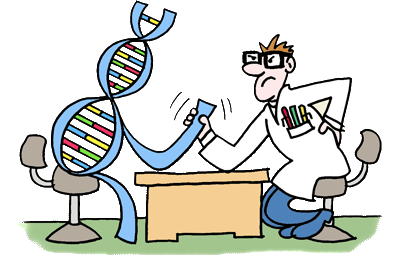EvoAI Hardware Group
The research is primarily focused on two areas: (1) The design, modeling, and implementation of hardware accelerators for AI methods (deep neural networks, genetic programming, etc.). (2) The use of AI, especially evolutionary algorithms, for the automated design of computer circuits such as arithmetic circuits. Inspired by nature and supported by AI, we develop highly optimized hardware and software. The members of the group are internationally recognized researchers in the fields of nature-inspired methods and models (genetic and evolutionary algorithms, neurocomputing and cellular computing), digital circuit design, FPGA technology, and approximate computing. Applications of these methods include automated logic synthesis and circuit optimization, adaptive hardware, automated neural network design, and optimization in the areas of image processing, security, transportation, and engineering.
What do we do?
Books
Evolvable Components
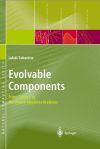
Sekanina, L: Evolvable Components. Natural Computing Series, Springer-Verlag, 2004
Evolucni Hardware
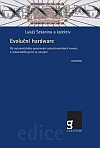
Sekanina L., Vašíček Z., Růžička R., Bidlo M., Jaroš J., Švenda P.: Evoluční hardware: Od automatického generování patentovatelných invencí k sebemodifikujícím se strojům. Academia Praha, 2009
Evolutionary Design...
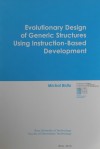
Bidlo M.: Evolutionary Design of Generic Structures Using Instruction-Based Development. Brno University of Technology, 2010
Ordinary and Polymorphic Circuits
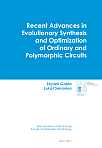
Gajda Z., Sekanina L.: Recent Advances in Evolutionary Synthesis and Optimization of Ordinary and Polymorphic Circuits. Brno University of Technology, 2011
Collaboration
- NYU Abu Dhabi (Prof. Muhammad Shafique, dr. Alberto Marchisio)
- University of Patras (Prof. Georgios Zervakis)
- University of Alberta (Prof. Jie Han)
- University of York (Prof. Andy Tyrrell, Dr. Julian Miller)
- Purdue University (Prof. Kaushik Roy)
- NASA JPL Advanced Robotic Controls Group (dr. Adrian Stoica)
- University of Oslo (Prof. Jim Torresen, Dr. Kyrre Glette)
- Center of Industrial Electronics, Universidad Politécnica de Madri (dr. Ruben Salvador, dr. Eduardo de la Torre)
- Universidad Carlos III de Madrid (Antonio J. Sanchez-Clemente, dr. Luis Entrena)
- Faculty of Informatics, Masaryk University (dr. Petr Švenda, prof. Vashek Matyáš)
- Faculty of Information Technology, Czech Technical University in Prague (doc. Petr Fišer, doc. Jan Schmidt)


